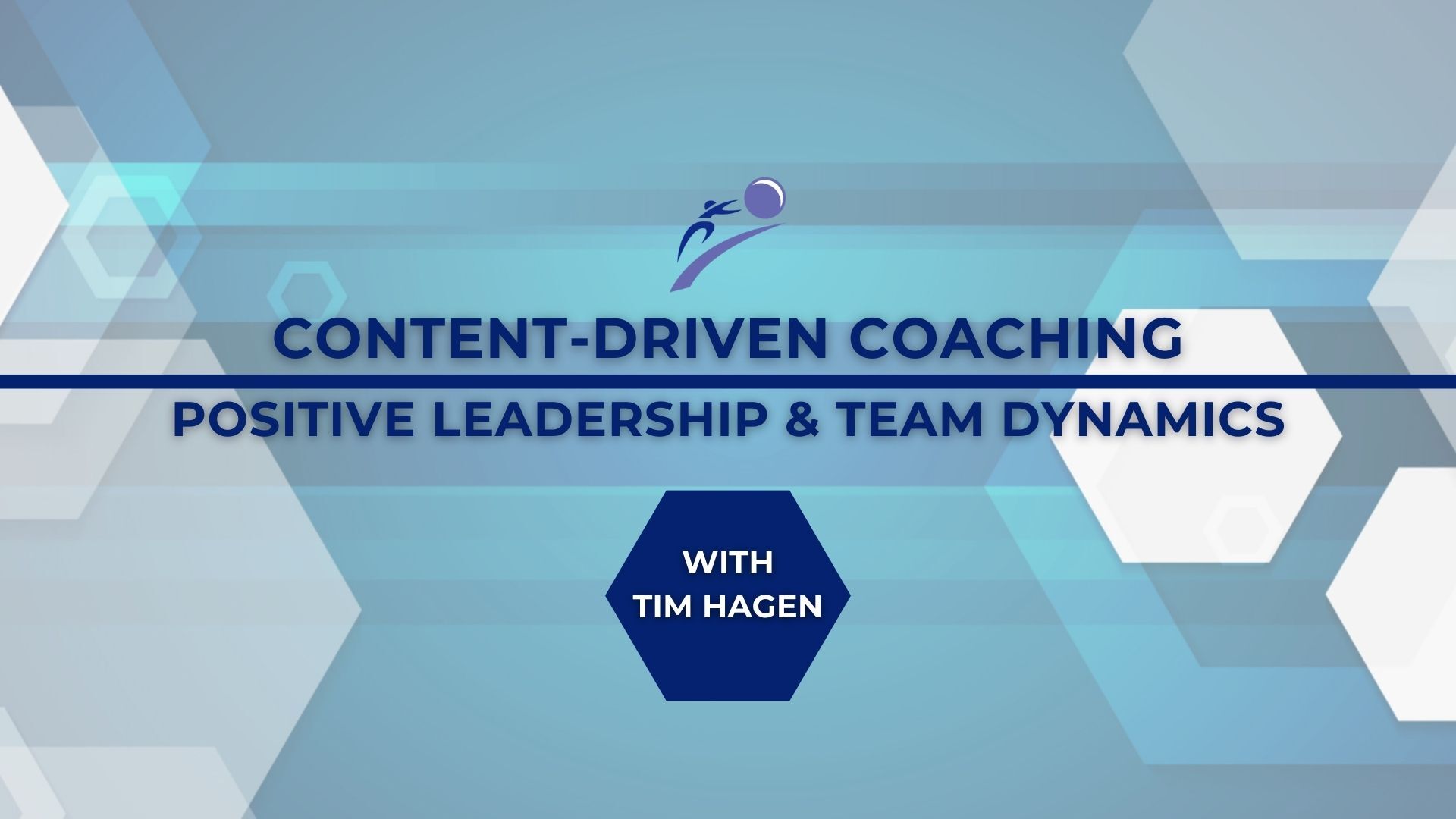
Attitudes can impact an employee’s ability to learn and work well with others as well as their customers. That’s why it’s important for managers to focus on developing the right attitude through employee coaching. Attitude is a choice. You cannot change someone’s attitude or instill a positive attitude onto someone who has a negative one, but you can make an impact. Organizations want to develop a culture of positive attitudes, but it is often the missing piece for many organizations and not addressed until they become negative.
As a manager, we need to ask the following two questions: "Are we coaching our staff and investing in their attitude?” and “Are we working on our attitudes?” In regard to the first question, we need to invest in the good things and recognize them equally if not more than the negative things. Are we investing in their attitudes and helping them invest in themselves? Investing in your employees and rewarding the good things will show your employees that you are engaged with them and want them to continue to develop their positive attitude. When we ask, “Are we working on our attitudes?” we are asking if they are reading something inspirational or motivational and are they taking the time to do things that will help them improve their own attitude. Very few people can specifically say that they are doing something either on their own or with their team to develop a more positive attitude. As a manager, you can coach your employees to take specific actions by scheduling activities or projects that will help them work on improving their attitudes. Here are a few suggestions when coaching attitudes in the workplace:
- Go back to the fundamentals of coaching and ask questions to uncover the source of the attitude.
- Focus on the good things more often than the things that employees are doing wrong and reward positive attitudes.
- When providing feedback, use positive adjectives such as fantastic, tremendous, great, etc. and phrases such as “opportunity to improve” instead of “this is what you are doing wrong. “
- Build awareness by challenging employees to view their attitude from the outside looking in.
- Remain neutral and don’t allow emotions to set in.
For employees to possess a positive and open attitude, they need to be coached and trained specifically on attitude development. Employees with a positive and upbeat attitude are more eager to learn and to perform at their optimal level.
To learn more about coaching attitudes, register for our FREE webinar: 7 Methods to Coaching Positive Attitudes in the Workplace on Thursday, September 18 at 12:30 pm (CDT).
Click on the link below to register:
http://www4.gotomeeting.com/register/244258271



